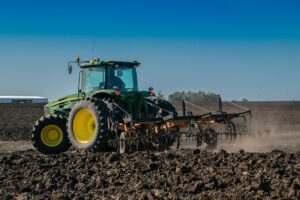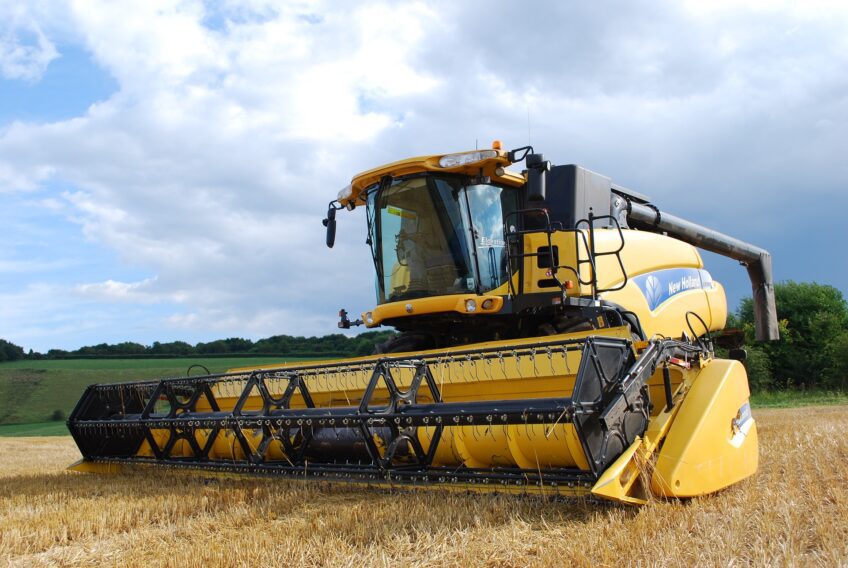Alistair Millar, an agricultural lawyer and Partner at Tallents Solicitors in Southwell noted that while many farmers plan for the succession of the farm business for when they die, but far fewer plan for situations where they might be incapacitated, either mentally or physically.
The Agriculture, forestry and logging, and fishing and aquaculture sectors are the riskiest industry sectors to work in in the UK. Over a three-year period 2018/19 – 2020/21 (averaged out) 11,000 workers suffered from work-related ill health (new or long-standing) caused or made worse by their agricultural work, and an additional 12,000 workers sustained non-fatal injuries significantly affecting their ability to work.

As we can see from the statistics from HSE, farmers work on a daily basis with hazardous machinery, large vehicles, toxic and dangerous chemicals, unpredictable livestock, at significant heights, or near pits and silos. Even with great caution, accidents will and do happen.
But there is a legal and sensible way to gain some peace of mind, knowing that the successful running of your farm need not be affected if you are incapacitated in some way.
The Private Client team at Tallents Solicitors explains that a Lasting Power of Attorney (LPA) is a legal document which allows you to choose one or more people you trust (known as attorneys) to make decisions on your behalf, or In your best interest, when you become unable to do so.
Just like an insurance policy on a piece of machinery, a LPA is part of your contingency planning; there to help protect your business and keep it running when required. By planning ahead for possible incapacity, you get to choose who will manage your business and personal affairs and under what circumstances.
Should an accident happen then, without an LPA, your business partner or loved ones will have to apply to the Court of Protection, with expert evidence to prove your incapacity, and the court would then appoint a deputy of their choice to run your affairs.
Farmers should have two Financial LPAs in place at the very least, one for managing the business to ensure, for example that taxes, bills and wages continue to be paid, and another LPA for their personal financial affairs.
Because so many farms are structured differently, the business LPA should be drawn up by professionals with significant agricultural experience. Adjustments to the wording of the LPA may be required depending on whether the farm is run by a sole trader, as a limited company or in a partnership.
Alistair finishes by noting that farmers should have well-thought out contingency plans to ensure their farming business continues running successfully should the worst happen. The legal experts at Tallents Solicitors are here to help you plan and prepare for any possible future. Just call us on 01636 813411 or 01636 671881 to set up a confidential appointment.



